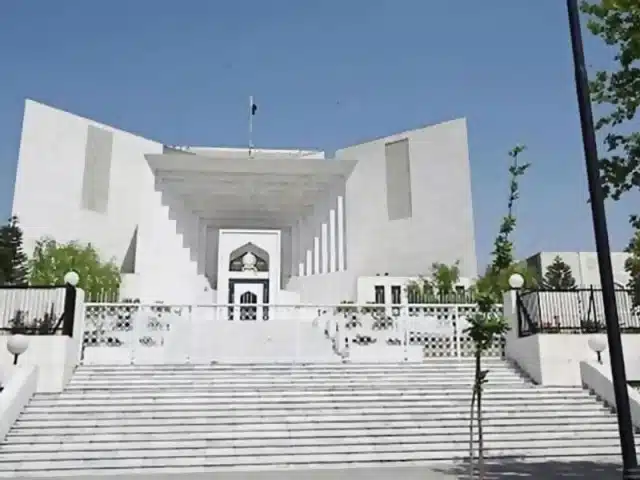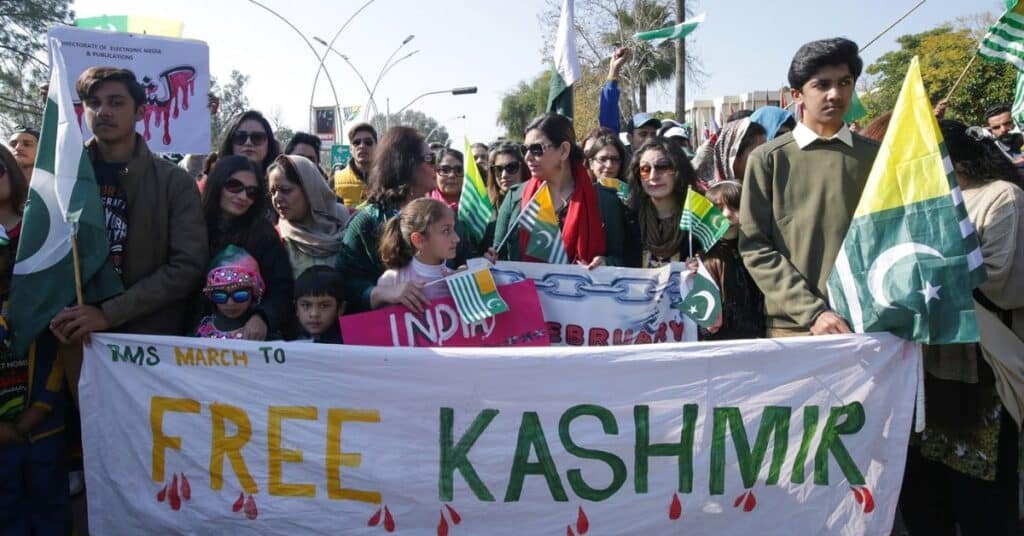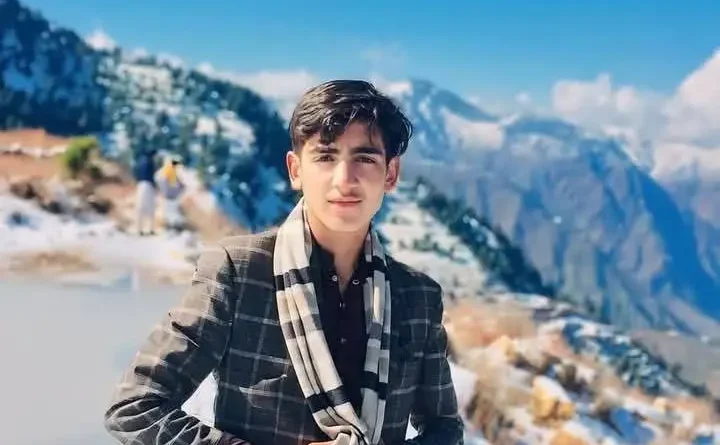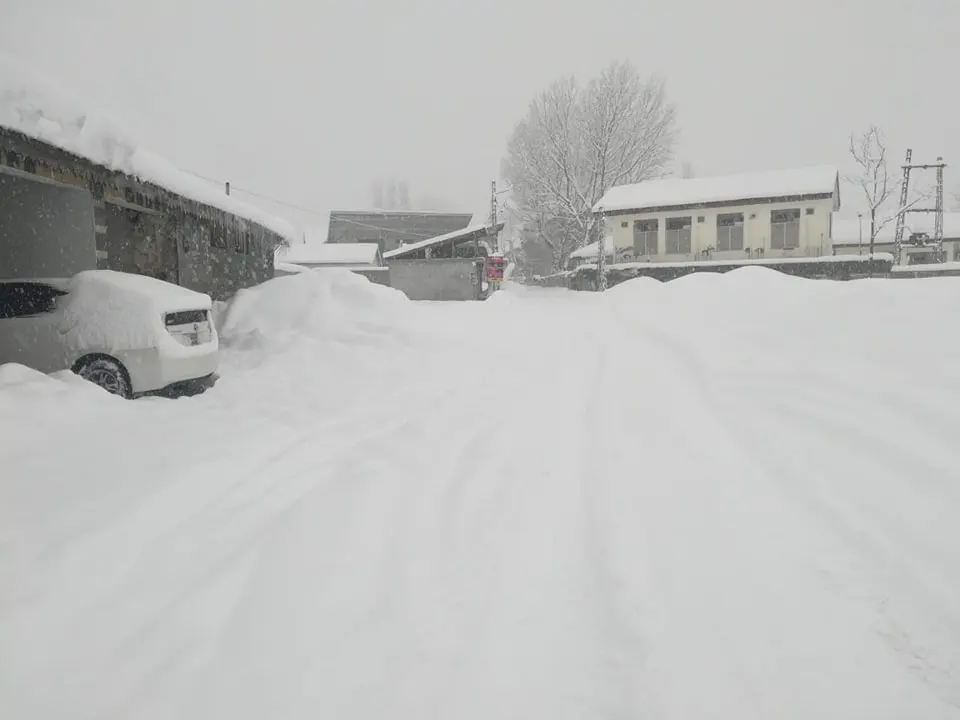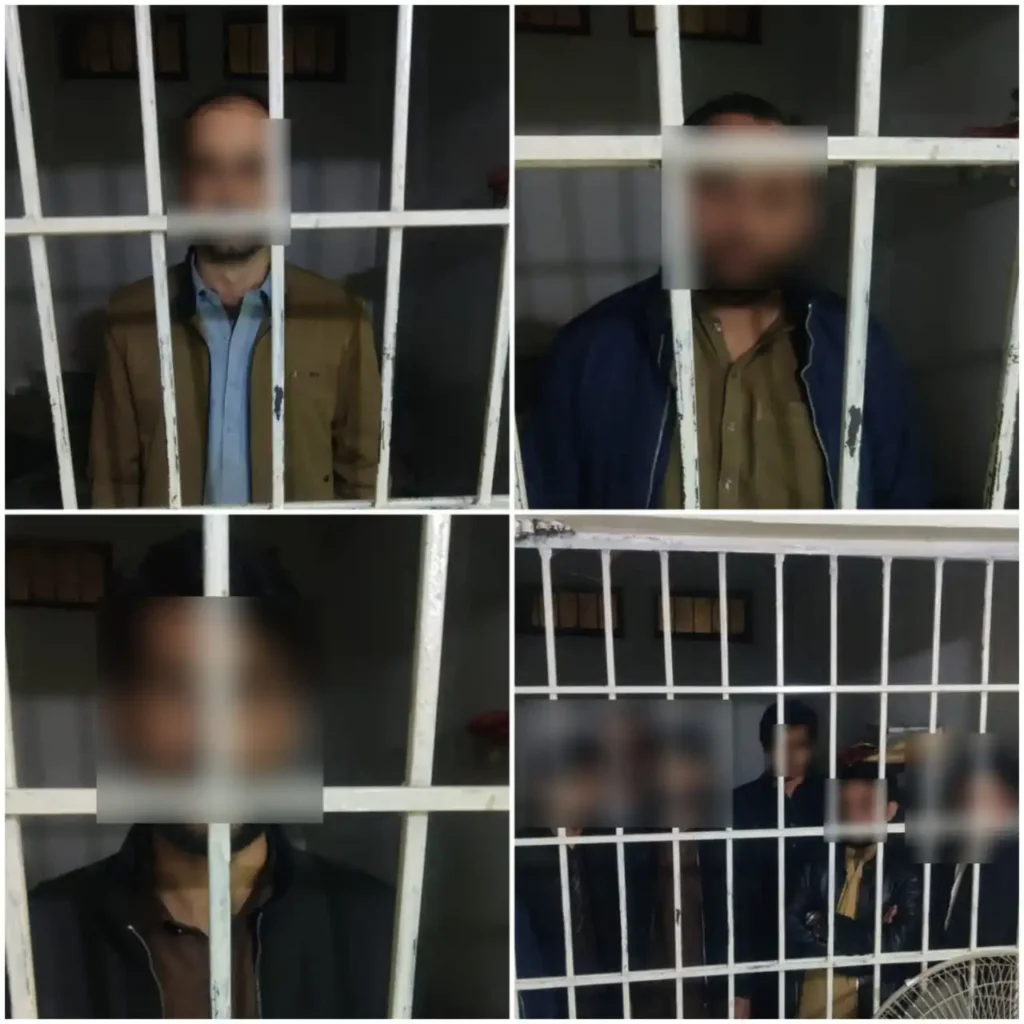ISLAMABAD: The Supreme Court (SC) has made public the dissenting opinion authored by Justice Jamal Mandokhail and Justice Naeem Akhtar Afghan in the case concerning the trial of civilians in military courts.
In their dissent, the judges contested the assertion that military courts are internationally recognised mechanisms for handling terrorism-related cases, calling the claim inaccurate.
They acknowledged that while conviction rates in regular criminal courts are relatively low, this should not be interpreted as a sign of incompetence or unwillingness to deliver justice. They noted that the Supreme Court routinely reviews the rulings of lower courts.
The dissent further observed that a significant number of acquittals occur in politically motivated cases, often rooted in flawed investigations and weak prosecution efforts.
The judges pointed out that intra-court appeals were filed by the federal, Punjab, and Balochistan governments, reflecting what appears to be a growing lack of confidence in the civilian criminal justice system.
They expressed concern that elected governments have effectively withdrawn their trust from regular courts and shifted politically sensitive and frivolous cases to military courts—an approach the judges found troubling. They emphasised that military officers, while experts in military matters, lack the judicial training and experience necessary for handling civilian legal cases.
Highlighting this critical distinction, the judges stressed that military courts cannot be considered equivalent to civilian judicial forums, where judges possess both legal expertise and independence.
They further criticised the federal and provincial governments for failing to properly understand and address terrorism-related issues, instead using military courts for their own political ends. Expecting civilian courts to convict without evidence, they argued, violates the right to a fair trial. They questioned how military courts could deliver just verdicts in the absence of sufficient evidence or proper prosecution.
Read Also: Pakistan won’t let India weaponize water: PM Shehbaz

